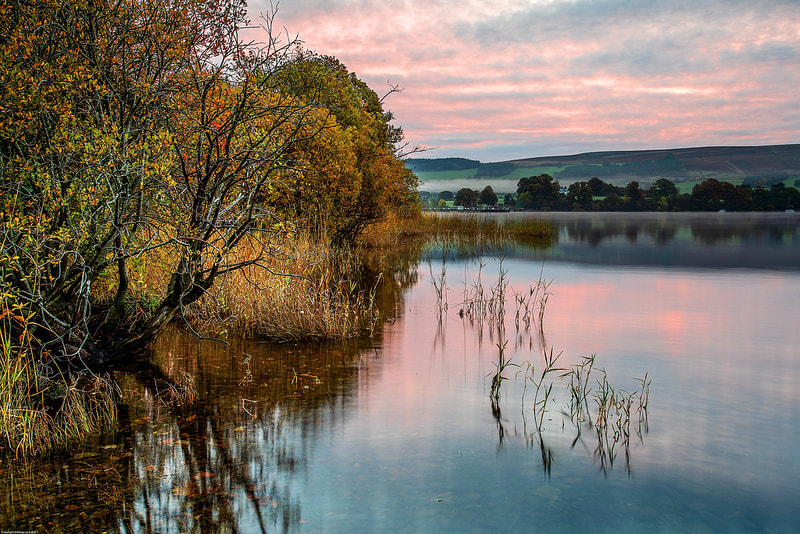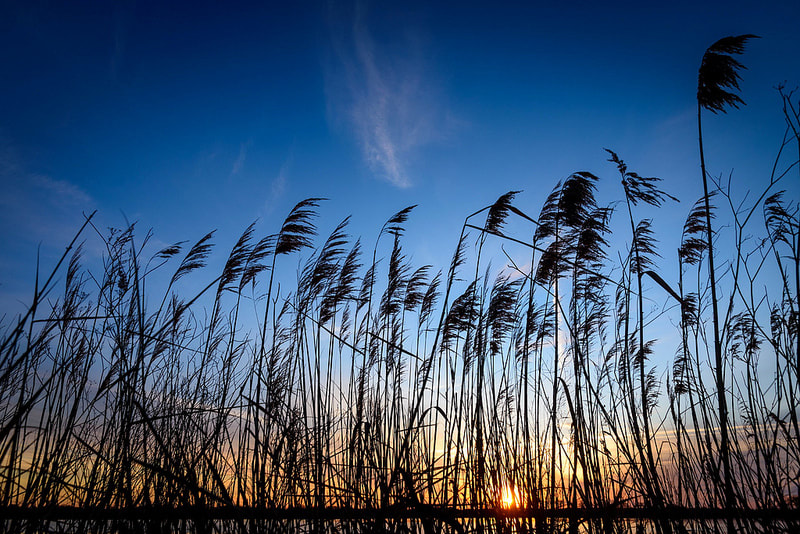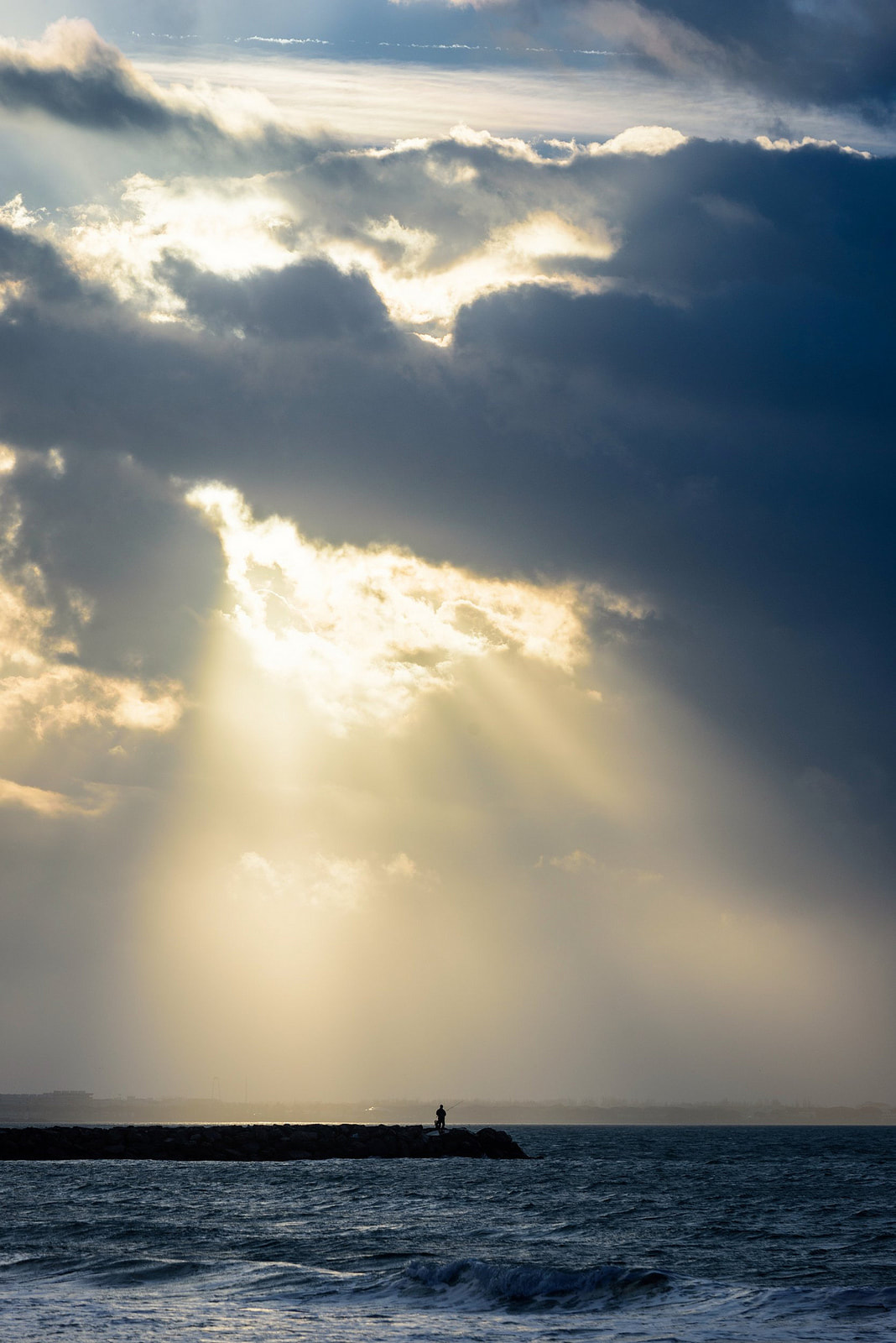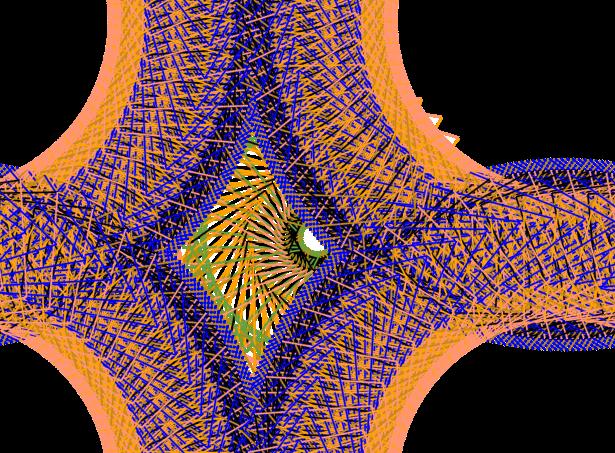International Women's Day:
What Have Men to Say?
Friday, March 8, 2019
|
It was the feminist philosopher Mary Daly, who said, so many years ago, that patriarchy is a global caste system with the world's religions, all male dominated, as its agents. She would find it ironic, or instead, overly predictable, that two men would want to "say" something in honor of the day. Haven't men been saying too much, and too loudly, for too many centuries now? Aren't men with microphones part of the problem? Isn't it time, indeed long past time, for men to listen?
Yes. In many, many contexts, one of the most important things men can do, with or without microphones, is to say nothing, not out of indifference, but out of respect for women's voices and the voices of all others, including powerless men, who have been "othered" by patriarchal ways of thinking. Only in the silence they can they make space in society and in the heart for listening to women themselves, on their own terms, for their own sakes -- and to make sure their aspirations and dreams are heard in ways that can transform patriarchy itself. But the silence might be interpreted as indifference, protestations to the contrary, so perhaps it is important for men to "say" something, too, in solidarity with women, amid and after the listening. We -- one Muslim and one Christian -- think it could go like this: In the 21st century – with the many problems faced by the world at large – we have a very high calling, itself inescapable: freedom. By freedom we mean the ability of decision-making: choosing among diverse possibilities in the immediacy of the moment. As human beings, decision-making is part of our very make-up. From the day we are born, we carry within our bodies potentials for empathy and hatred, creativity and blind repetition, cooperation and cruelty, respect and callousness, good and evil. We feel these potentials within our very being as promptings, impulses and urges, as affective lures. But, it is we ourselves, not the urges, who actualize the urges – some of them so destructive and others so life enhancing. Indeed, we actualize these potentials, again and again, individually and well as collectively. The future does not come to us as a settled event, inflexible and incapable of change and process. It is a very fact that we, both men and women, help create the future, moment by moment, by the decisions we make, in our private and institutional capacity. Sometimes we make terrible decisions at great cost to others, ourselves, and the earth. And sometimes we make wonderful decisions, adding elements of beauty and love that did not exist beforehand. We can be agents of terror or inclusive love. Either way we are, to a large degree, free. As intelligent creatures, living in a normative universe, our noble calling is not simply to be free. As free creatures, our calling is to create futures that are good for both women and men; to actively and courageously support agents of justice, human dignity and equity in whatever way we can in our immediate context; to challenge intellectually narratives of religious and secular patriarchy, based upon models of hierarchal relationships and sexual inequality, reducing the humanity of females. And by the very conscious act of challenging asymmetrical models and mechanisms, we do become, as the Qur’an puts it, vicegerents on a small but beautiful planet. This is what it means to be a human being; it is to willingly accept and live from the calling to add goodness and beauty to the world. We may live in Asia, Africa, Latin America, Europe, North America, or Oceania. We may be young or old or in-between. We begin where we can begin, with the only day we have today: today. With the courage to challenge societal agents who Otherize women, and to foster those social, cultural, religious and political conditions in which women can find sufficient space for their self-realization, there is indeed ground for realistic hope. Farhan Shah, Muslim philosopher, Islam-consultant to the Center for Process studier, Claremont, doctoral research fellow at the University of Oslo Jay McDaniel, Christian process-theologian, writer and professor of religious studies, Hendrix College |






